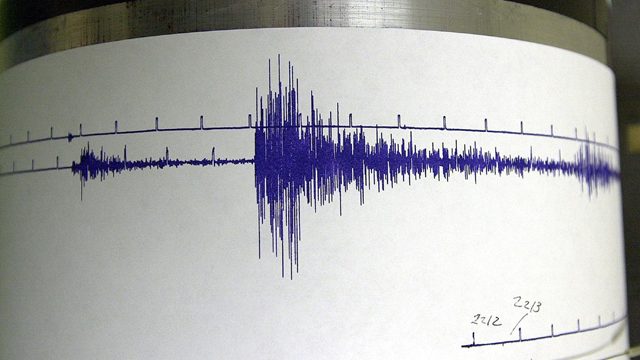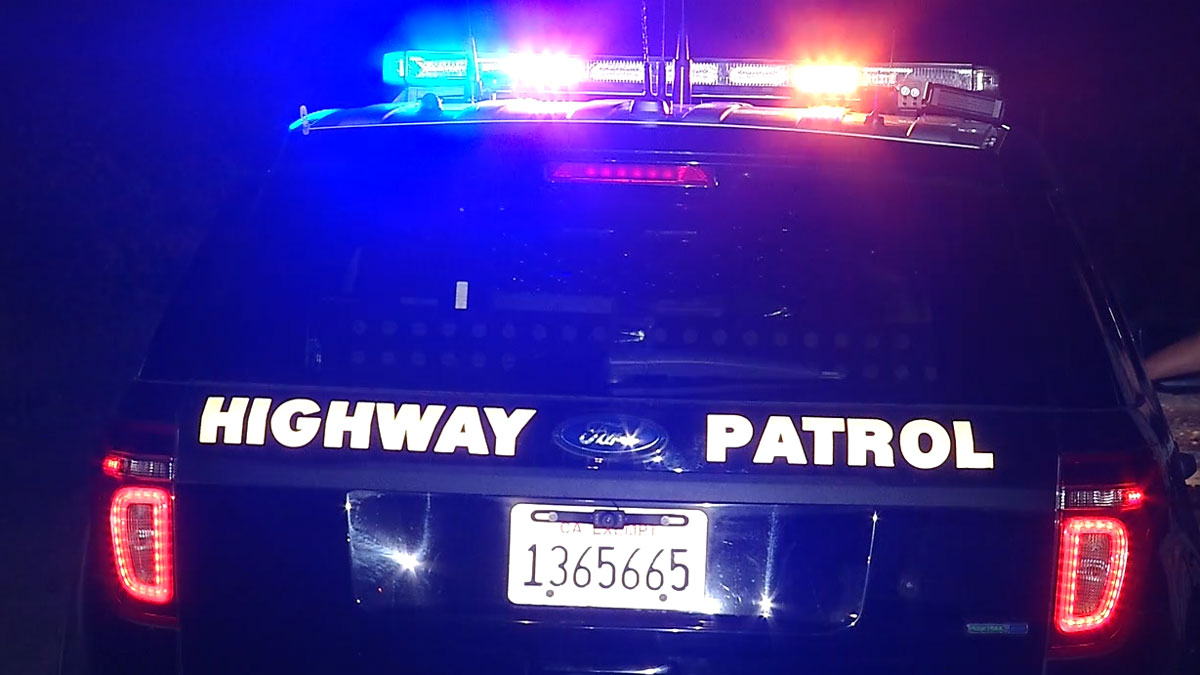It’s been two years since San Francisco implemented measures to regulate illegal hotels advertising on sites like Airbnb. But registration records from the Office of Short-Term Rentals, obtained by NBC Bay Area’s Investigative Unit, show the vast majority of hosts in San Francisco are apparently still skirting the law. Investigative Reporter Bigad Shaban reports on a story that first aired on March 9, 2017.
It’s been two years since San Francisco implemented measures to regulate illegal hotels advertising on sites like Airbnb. But registration records from the Office of Short-Term Rentals, obtained by NBC Bay Area’s Investigative Unit, show the vast majority of hosts in San Francisco are apparently still skirting the law.
Since 2015, San Francisco has issued over $1 million in fines to hosts renting on sites like Airbnb, records show. It is a problem the NBC Bay Area Investigative Unit first exposed last summer.
Our investigation found rentals advertised on Airbnb were apparently being used as illegal hotels across San Francisco. The city has since significantly ramped up its enforcement issuing a total of 483 violations to date. Most of the citations were issued in the last 10 months.
WATCH OUR ORIGINAL INVESTIGATION BELOW

Currently, only 1,877 hosts are registered with the Office of Short-Term Rentals to legally rent out their homes. But NBC Bay Area’s Investigative Unit discovered Airbnb alone had 8,800 hosts listing its site as of late 2016. That means more than 70 percent of hosts in San Francisco are seemingly breaking the law.
Airbnb over the past seven months has been locked in a legal battle with San Francisco. Airbnb sued its hometown to block a new law that would slap home-sharing companies with pricey fines and possible criminal penalties if they post rental listings that aren’t registered with the city.
Local
MIDDLE CLASS ‘BEING FORCED OUT’
The average price for a one-bedroom apartment in San Francisco is north of $3,000 a month, making it one of the most expensive housing markets in the world.
Affordable housing advocates partly blame short term rentals for driving up the price, but longtime resident Dr. Lisa Cohn says that home sharing actually helps residents afford to live in the high priced city.
“It is becoming harder and harder for middle class individuals and families to stay in this city. They’re being forced out,” Cohn told NBC Bay Area. The psychologist, homeowner, and single mom says despite her private practice, she still struggles to make ends meet after the tragic loss of her wife Francis in a scuba diving accident.
“Every aspect of my life changed in an instant. I suddenly was thrust into becoming a full-time single parent, sole source of income for my family,” Cohn said.
Cohn hoped to begin earning some extra money by renting out her home short-term, but says she decided against it after learning about the city’s mandatory registration process for hosts.
Last fall, the Office of Short-Term Rentals proposed cutting down the registration fee from $250 to the original price of $50. However, no one on the board of supervisors decided to sponsor that legislation.
Cohn believes the regulations hurt single home owners trying to keep up with the cost of living.
“I think there's a number of people that exploit the housing market, and I don't think single property homeowners, like myself, are those people,” Cohn said, fearing more restrictions could be on the way.
SAN FRANCISCO SHORT-TERM RENTAL REQUIREMENTS
- Obtain a business license
- Pay a $250 short-term rental registration fee every two years
- Restricted to only renting out one property, which must be your primary residence
- Hosts can only rent their home for a total of 90 days per year if they are not present in the home
“I think it should be an unrestricted option. I don’t think it’s anybody’s business what I do with the rooms in my house if I am living here,” Cohn said.
But housing advocates don’t believe the city’s regulations go far enough to protect San Francisco’s housing stock. The American Hotel and Lodging Association (AHLA) is a fierce Airbnb critic and competitor. Thursday, the association released a new study that found a growing number of Airbnb hosts are turning homes into full-time hotels.
The study looked at 20,078 listings in San Francisco, San Mateo, Sonoma and Marin counties and found 717 home owners listed multiple properties on Airbnb. That’s a violation of San Francisco’s housing laws.
The study also found those types of listings brought in $38.5 million of revenue for Airbnb in 2016, showing a 34 percent increase from just the year before.
“There's very little home sharing and there’s too much home stealing,” AHLA consultant Dale Carlson told NBC Bay Area. “The problem is we've got too many units that have been converted to full-time tourist accommodations at a time when the city is going through one of its worst housing crisis in probably more than a century.”
AIRBNB CALLS CRITICAL STUDY "MISLEADING"
Airbnb refutes AHLA’s findings and maintain that Airbnb has a strict one host, one home policy.
“This misleading, inaccurate report was bought and paid for by the big hotels and is the latest example of the industry’s willingness to say and do anything to protect their record profits, preserve their ability to price gouge consumers and squash their competition,” Airbnb spokesman Christopher Nulty said in response to AHLA’s report.
“As the AHLA already knows, many of their member inns, motels and hotels list rooms on our platform, so these are included in the very data on “commercial” listings the big hotels seem so concerned about,” Nulty said.
Lawyers for Airbnb and San Francisco are due back in court next month.
______________________________________
Need to contact our Investigative Unit?
• You can remain anonymous
• 1-888-996-TIPS
______________________________________
Watch the entire series in this NBC Bay Area investigation:
- Part 1: Thousands Violate SF Housing Laws Using Airbnb, Few Face Penalties
- Part 2: Illegal Short-Term Rentals Can be Nightmare for Neighbors
- Part 3: San Francisco Lawmakers Could Soon Force Airbnb, Other Home-Sharing Websites to Make Major Changes
- Part 4: Airbnb Sues SF to Block New Law Aimed at Delisting "Illegal Rentals"
- Part 5: SF Law Targeting "Illegal Rentals" on Hold as City Battles Airbnb Lawsuit
- Part 6: Airbnb Heads to Federal Court Over Lawsuit Against San Francisco
- Part 7: Judge Raises Doubts Over Airbnb's Lawsuit Against San Francisco
- Part 8: Judge Orders SF to Hold Off on Airbnb Fines and Penalties
- Part 9: Airbnb and SF Meet Privately to Settle Bitter Lawsuit
- Part 10: San Francisco Limits How Often Hosts Can Use Airbnb
- Part 11: Airbnb's New Rules Abroad Could Impact San Francisco
- Part 12: SF Issues $1.1 Million in Fines to Hosts Using Rental Sites Like Airbnb
- Part 13: Thousands of Airbnb Rental Listings in SF Could Soon Be Purged



